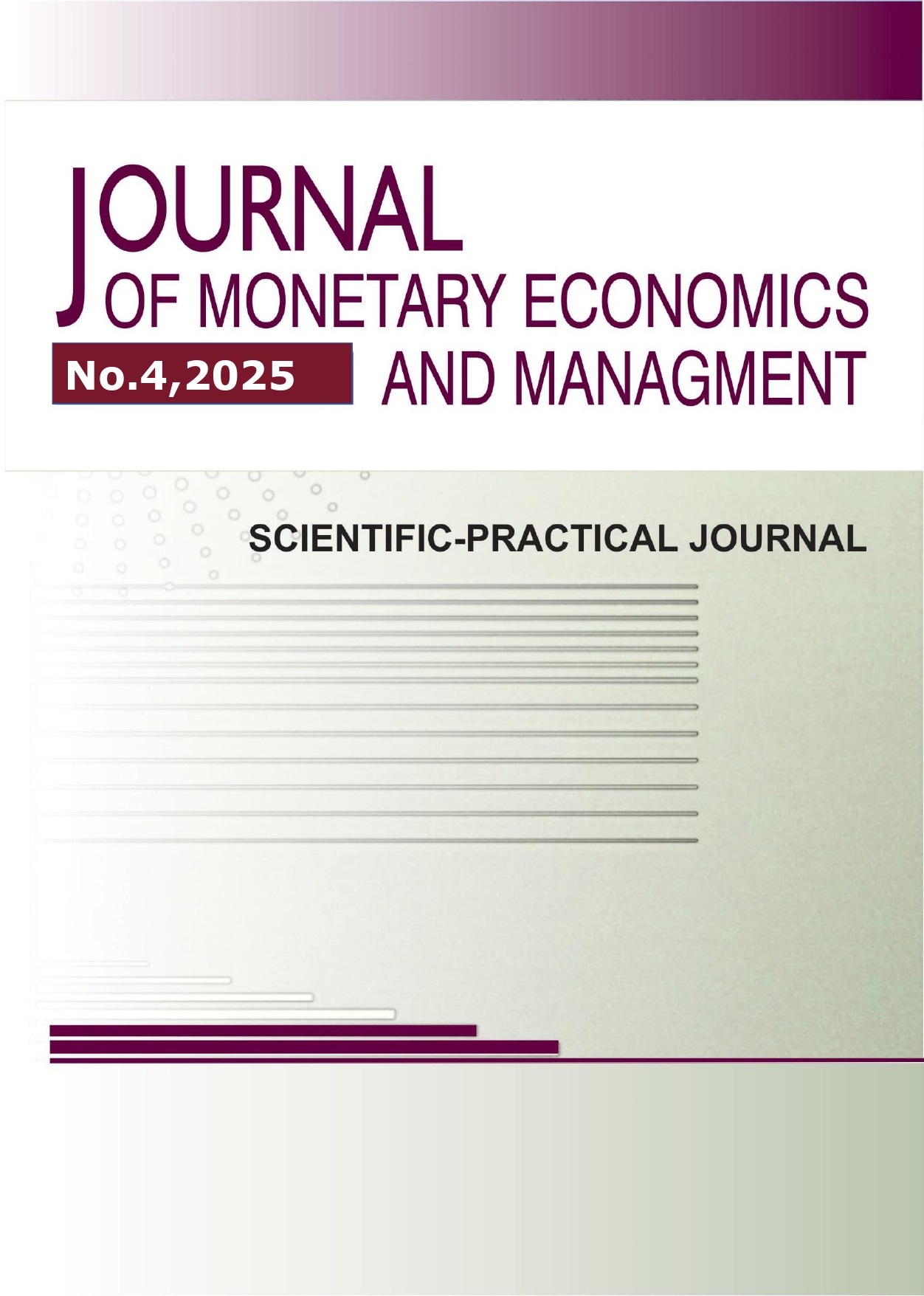employee
The article examines the relationship between democratic systems and economic inequality, exploring how political regimes affect income distribution and how inequality can undermine processes in democracies. The paper uses theoretical approaches based on the works of D. Acemoglu, J.A. Robinson and T. Piketty, as well as analyzes the Democracy Index and the Gini Coefficient to study the impact of political systems on the economic stratification of society. The study is especially relevant in the context of global growth of inequality and its impact on political stability. Understanding these processes is important for researchers, practitioners, and specialists in politics and economics. The possibilities of reducing inequality through the strengthening of democratic institutions and the introduction of fiscal measures to regulate capitalism are considered. Special attention is paid to the impact of digital technologies on social stratification. Democracy helps to reduce economic inequality, but it does not always successfully cope with its growth. The freedom to accumulate resources can increase stratification, which threatens the political equality and stability of democracies, which highlights the need for a strategy to address economic and political imbalances.
democracy, economic inequality, capitalism, Gini index, social policy, digital inequality, political regimes
1. Boix, C. 2003. Democracy and Redistribution. Chicago: Cambridge University Press. 266 p.
2. Przeworski, A. 1985. Capitalism and Social Democracy. New York: Cambridge University Press. 153 p.
3. The Economist Intelligence Unit. – URL: http://www.eiu.com/home.aspx (Data obrascheniya: 15.02.2025).
4. World Inequality Database. – URL: https://wid.world (Data obrascheniya: 15.01.2025).
5. Asemoglu D., Robinson Dzh., 2015. Ekonomicheskie istoki diktatury i demokratii. - Moskva: Izd-vo NIU VShE. - 512 s.
6. Bell D. Gryaduschee postindustrial'noe obschestvo. Opyt social'nogo prognozirovaniya. - Moskva: Akademiya, 2004. - 788 s.
7. Veselovskiy S., 2017. Globalizaciya i problema neravenstva dohodov v sovremennom mire: analiticheskiy obzor. Moskva: INION RAN. - 185 c.
8. Gorlov K.N. Social'no-politicheskie vyzovy bol'shih dannyh // Social'no–politicheskie nauki. - 2019. Tom 9. № 6. - S. 32-37
9. Komarovskiy V.S. Bednost' i neravenstvo kak vyzovy nacional'no-gosudarstvennoy identichnosti i formirovaniyu rossiyskogo grazhdanstva // Vlast'. - 2017. № 1. - S. 5-11.
10. Koefficient Dzhini: vse li imeyut pravo na uchastie? Otkrytie. – URL: https://journal.open-broker.ru/economy/koefficient-dzhini/ (Data obrascheniya: 28 iyulya 2024 g.).
11. Krauch K. 2016. Kak sdelat' Kapitalizm podhodyaschim dlya Obschestva? - Moskva: Izd-vo NIU VShE. - 288 c.
12. Krauch K. 2016. Postdemokratiya. - Moskva: Izd-vo NIU VShE. - 192 s.
13. Latur Bruno. 2019. O nekotoryh posledstviyah kapitalizma // STADIS. №1(1). 90 – 100. – URL: http://doxajournal.ru/translations/latour?fbclid=IwAR3yHNqNfM4K7AA7lKHmjIJ377tDsalm-tc8Ch8WDOgxPAV_jBv2npGJQII (Data obrascheniya: 15.02.2025)
14. Lisenkova A.A. Vyzovy i vozmozhnosti cifrovoy epohi // Rossiyskiy gumanitarnyy zhurnal. - 2018. № 3. Tom 7. - S. 217-222
15. Mann M., 2014. Vlast' v XXI veke: Besedy s Dzhonom A. Hollom. - Moskva: Izdatel'stvo Vysshey shkoly ekonomiki. - 208 c.
16. Piketti T. 2016. Kapital v XXI veke. Perevod na russkiy yazyk A. Dunaeva. - Moskva: Izdatel'stvo "Ad Marginem Press". - 592 c.
17. Svift Richard. 2014. Demokratiya. - Moskva: Knigovek, perevod na russkiy yazyk. - 208 s.
18. Federal'naya sluzhba gosudarstvennoy statistiki. – URL: https://rosstat.gov.ru (Data obrascheniya: 19.02.2025).
19. Salamova A.S. Ot neravenstva dohodov k ekonomicheskomu neravenstvu//Aktual'nye voprosy sovremennoy ekonomiki. 2022.- №12. S.1039-1044









